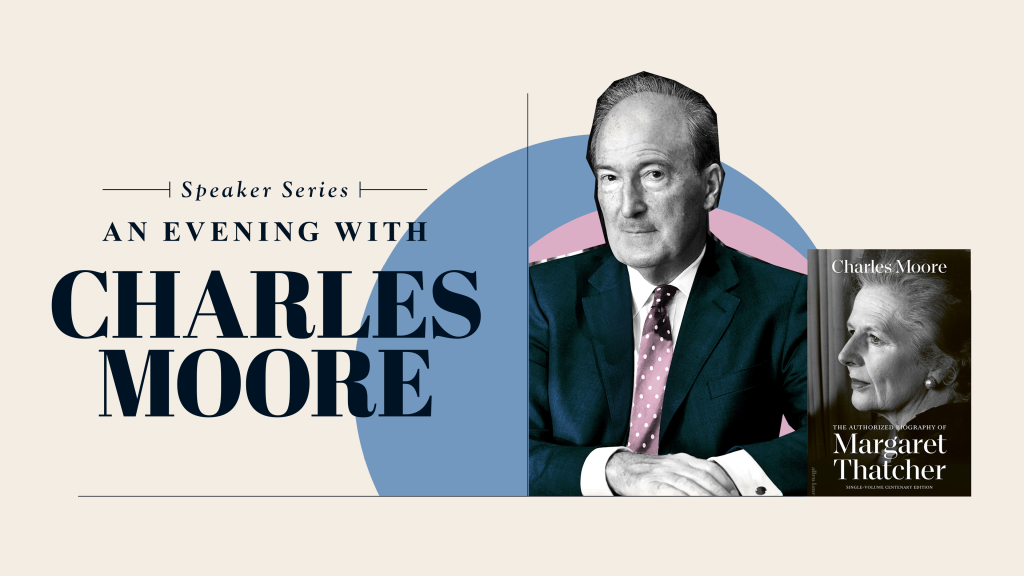There is something a little refreshing about the Green party. In contrast to Rishi Sunak, who has no option but to carry on pretending he has the slightest chance of remaining in Downing Street after 4 July, Green party co-leader Adrian Ramsay admitted at his manifesto launch this morning that his party isn’t looking to form the next government. The party’s realistic hope seems to be to double its number of Commons seats, from one to two. Nevertheless, the Greens do have a full manifesto for government, so let’s do it justice by taking it seriously.
Mercifully, the Greens seem to have not bought into the fashionable concept of ‘degrowth’ (i.e., permanent recession). In fact, there is a rash of spending promises that seem to rely on a rapidly-growing economy. The Greens want to spend an extra £50 billion a year on health and social care, £20 billion of it to fund free personal care. They want to spend £40 billion a year shifting to a green economy. It doesn’t say whether this includes the £29 billion it would like to spend over the next five years to insulate all homes to at least a ‘B’ rating on an Energy Performance Certificate.
It doesn’t say who will qualify for this dosh, but if anyone thinks that £29 billion would come anywhere close to insulating all existing homes to a ‘B’ rating, they can think again. With 28 million households in Britain, that works out at just over £1,000 per household. Yet to fit insulation to the 8 million homes or so with solid walls will typically cost between £7,500 and £12,000 for a three-bedroom house (according to the government’s energy efficiency quango, the Energy Saving Trust). Moreover, that is just one element which on its own will not bring old houses anywhere close to a ‘B’ rating on an EPC. Fitting a heat pump will cost at least a further £10,000.
Where would the money come from to fund the Greens’ spending pledges? I am sure it is only a desire to save paper that has prevented the party from providing a full costings document, but from what I can glean, this is the plan. There would be a carbon tax levied at £120 per tonne of carbon emitted, rising to £500 per tonne over ten years, raising £80 billion. A further £50-£70 billion would be raised on a series of changes to personal taxation. The upper limit on earnings would be removed so that National Insurance would be levied on all income – meaning the effective upper rate of income tax for employees would rise from 47 percent now (45 percent plus 2 percent NI) to 57 percent (45 percent plus 8 percent). Tax rates for investment income would rise to the same level as those for earned incomes – in other words, we would be paying up to 57 percent on investment earnings, too. Capital Gains Tax would be raised to the same rate, and on top of that, there would be a wealth tax of 1 percent on any wealth above £10 million and 2 percent on any wealth above £1 billion.
But here is where it starts to fall apart. The Greens helpfully remind us that their wealth tax would only be paid by a ‘tiny number’ of people. It claims there are 171 billionaires in Britain at present. But then that could well fall to zero if the Greens got into power. Elsewhere in its manifesto, the party tells us that it would introduce a maximum ratio of 10:1 for the highest-paid individual in an organisation (public or private) to the lowest-paid. This would effectively impose a maximum salary of around £300,000 in most companies (unless they outsourced all the low-paid work). The question then is how much revenue would a Green government really be raising from its tax rises on high earners? Given that the richest 1 per cent of the population currently pays a little under a third of all income tax, you can see the problem. But there is little to suggest this issue has been addressed. There is a similar problem with the planned carbon tax. If it really does ‘drive fossil fuels out of our economy’, as the Greens say they want, then it will end up raising no revenue at all. Forget the extra £80 billion – it would erode revenue from existing carbon levies and fuel duty.
As to what Green policies would do for our fuel bills, that is another matter. The party says it wants 70 percent of our electricity to come from wind power by 2030. At the same time, it says it wants to phase out nuclear power. How, then, to keep the lights on when the wind isn’t blowing? No solution is offered.
The Greens will no doubt scoop up votes from people who feel good about voting Green. But as far as a realistic programme for government is concerned, they don’t have one.









Comments